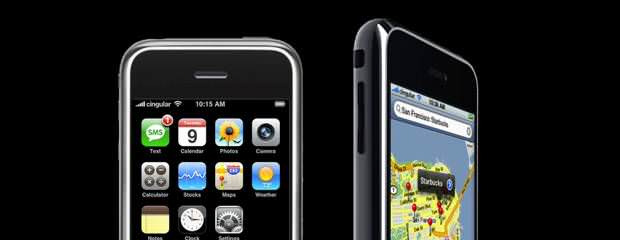
The democratization of the enterprise
Products from companies such Salesforce.com, Skype, LinkedIn, Google with its Docs product line, Apple with its iPhone, and Dropbox show that in these times the enterprise sale has evolved. It has gone from a primitive CXO autocracy to a much more participatory, possibly even democratic, form of engagement.
The emergence of such solutions
There are several drivers behind the emergence of such solutions. First and foremost, companies realized that cloud computing can shorten sales cycles and unlock before inaccessible markets by eliminating the need for large boxes of servers delivered to windowless, air-conditioned rooms.
Second, most of the aforementioned companies offer some sort of freemium business model. This allows the individual worker to sample a bite previously plunking down $40 for the all-you-can-eat smorgasbord. To borrow an example from my own experience, my company has two versions of our product- a professional version at $1500/seat and a free version. We have found that often individual game designers, artists and engineers use our free version for prototyping a game, pitch the game internally and often wind up using the pro version to deploy the actual title. Similarly, Skype, Dropbox and LinkedIn all provide immediate benefits for free, with supplementary benefits to be paid for.
Equally significant, in today's world collaboration with partners, clients and suppliers is evenly important as collaboration inside the firm. Individual workers need to share data with external parties, who may not have access to the firm's internal systems. Whereas the benefits of previous solutions were solidly locked down within the castle gates of the enterprise, today's solutions are designed to empower the individual and her co-workers and the partners they work with. Dropbox facilitates file sharing, during Skype enables effective communication with presence, IM and telephony.
Skype, the iPhone and Dropbox are excellent examples of products that are designed to accommodate work and play, home and office. By catering to the lifestyle needs of the individual- I only want one phone that I can use on the job and at leisure–democracy gains a foothold in the enterprise. Similarly, LinkedIn benefits the individual employee as much or more than it does the firm. Just ask any white-collar head hunter how he recruits in these times, and LinkedIn is bound to be part of the conversation.
Are box businesses gone forever? Are democratic, cloud-based businesses the only viable future? In other words unlikely. To all intents and purposes, the two approaches are not incompatible. Many of the democratic tactics deployed by the companies mentioned are mere tools to acquire larger clients in a traditional enterprise sale. Customization, security and compliance requirements for industries just as financial services and large corporations mandate a more traditional approach to enterprise software. Conversely, is the enterprise sale forever changed? Probably. What would you or rather sell- MS Exchange or Google Docs? Would anyone even think about the Exchange only enterprise approach today?
Oren Tversky is VP of Business Development for Union, a business unit of Unity Technologies dedicated to distributing high quality 3D games on mobile phones, tablets, set-top boxes, connected TVs and other new platforms.
- · Rackspace debuts OpenStack cloud servers
- · America's broadband adoption challenges
- · EPAM Systems Leverages the Cloud to Enhance Its Global Delivery Model With Nimbula Director
- · Telcom & Data intros emergency VOIP phones
- · Lorton Data Announces Partnership with Krengeltech Through A-Qua⢠Integration into DocuMailer
